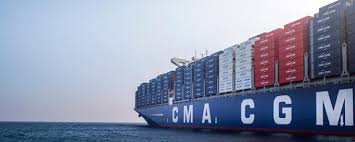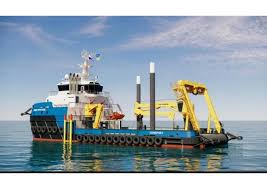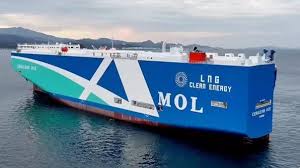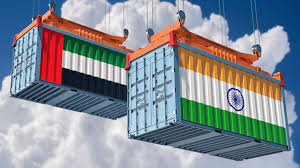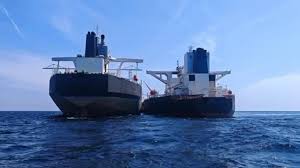Over 900 vessels in the Strait of Hormuz face widespread signal jamming, causing erratic navigation and collision risks.
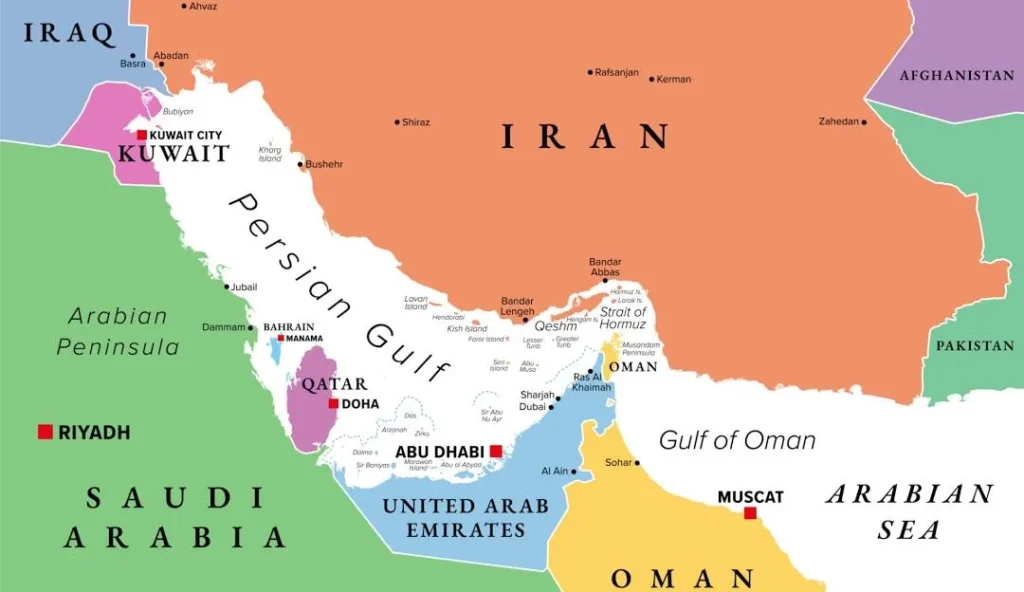
Navigation signals for more than 900 vessels traversing the critical Strait of Hormuz and the broader Persian Gulf have gone severely awry since last Friday, creating widespread confusion and heightened collision risks as tensions between Israel and Iran intensify.
Data from Starboard Maritime Intelligence reveals ships displaying impossible movements, including sailing in impossibly straight lines, zig-zagging erratically, or even appearing onshore. Affected vessels range from vital oil tankers and cargo ships to tugs and fishing boats. This significant disruption forces crews to rely heavily on traditional navigation methods such as radars, compasses, and eyesight, drastically increasing the likelihood of maritime accidents in the congested chokepoint. Notable incidents include the Front Tyne, Elandra Willow, and Pegasus tankers exhibiting erratic location data over the past days.
The Joint Maritime Information Centre (JMIC), an international naval task force monitoring the region, warned on Sunday of “extreme jamming” of signals originating from the Iranian port of Bandar Abbas. The UK Maritime Trade Operations (UKMTO) echoed these concerns on Monday, noting that the interference is intensifying across the Gulf, impacting how ships report their positions on automated systems.
Despite the widespread electronic interference, the JMIC has indicated no signs of a potential blockade of the Strait of Hormuz, which remains open and facilitates over a quarter of the world’s oil trade. However, the prevailing uncertainty is having an immediate impact on shipping, with some tanker owners reportedly suspending voyages into the Persian Gulf. Forward freight agreements for the Middle East-to-Asia benchmark journey for July saw an approximate 12% increase on Friday alone, signalling rising market concerns.
“This is not a good place and not a good time to have navigation systems that can’t show exactly where you are,” stated Mark Douglas, a maritime domain analyst at Starboard, highlighting the operational challenges. Analysts suggest that while a full closure of Hormuz is unlikely given Iran’s reliance on oil income and potential international repercussions, such disruptions serve as a potent bargaining chip. The situation demands sustained vigilance from all maritime operators in the region.
Source: EXIM news






